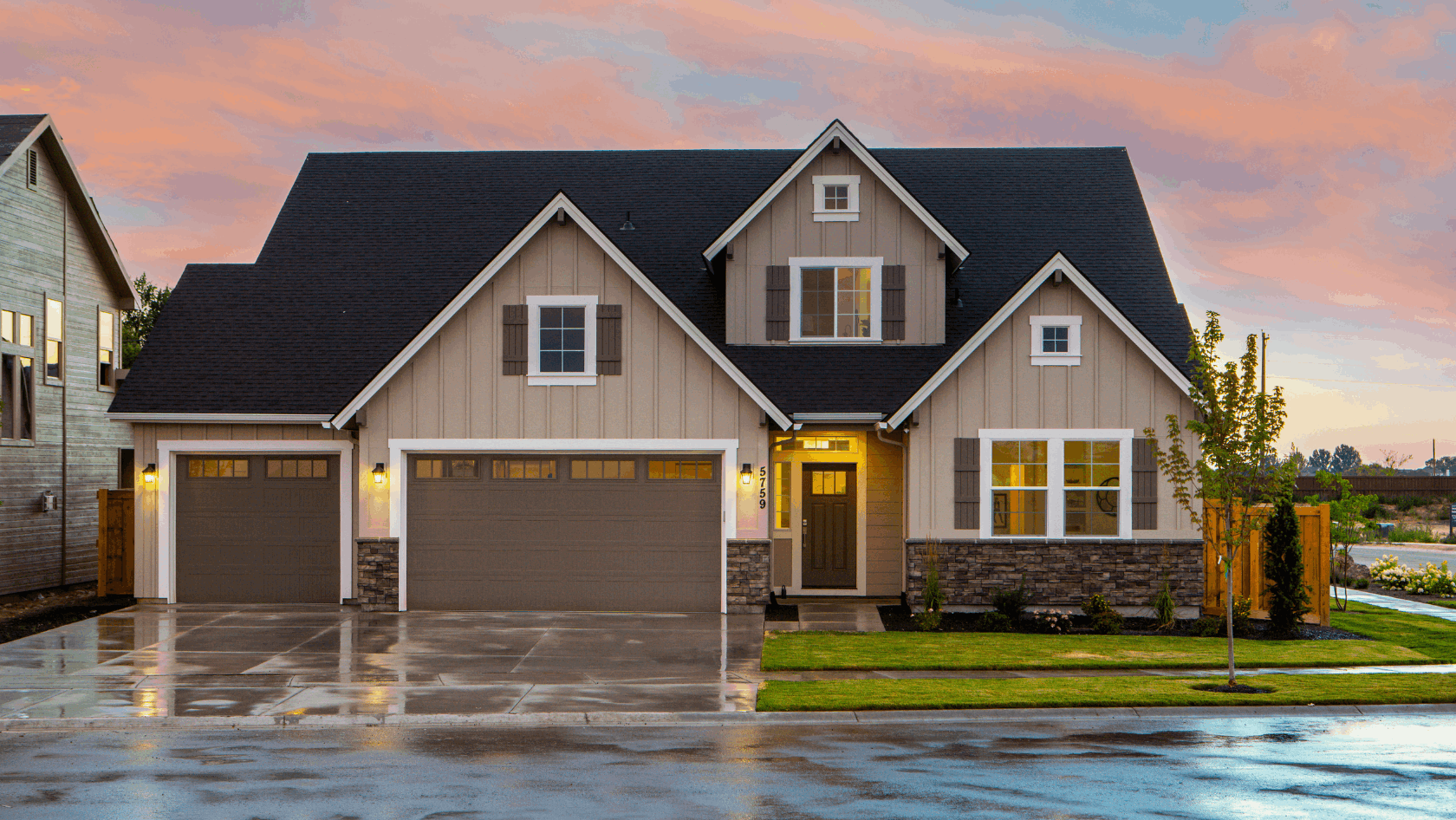
Transforming Potential into Perfection: Is a Fixer-Upper Right for You?
Is a Fixer Upper Right for You? Looking to buy a home but feeling like almost everything is out of reach? Here’s the thing. There’s still a way to become a homeowner, even when affordability seems like a huge roadblock – and it might be with a fixer upper. Let’s dive into why buying a fixer upper

Download Your Free Fall 2024 Real Estate eGuides: Expert Tips for Buyers & Sellers
As we transition into fall, the real estate market continues to shift, making it more important than ever for buyers and sellers to stay informed. We're excited to announce that our brand-new Fall 2024 Buyer and Seller eGuides are now available. These guides offer essential insights to help you na

194% ROI?! Unveiling the Home Remodeling Projects That Actually Pay You Back
Are you thinking about sprucing up your home? Whether you're planning to sell soon or just want to enhance your living space, remodeling can be a great investment. But not all projects offer the same return, especially since home repair costs have risen 40% since 2019. I know remodeling costs tod
Categories
Recent Posts











